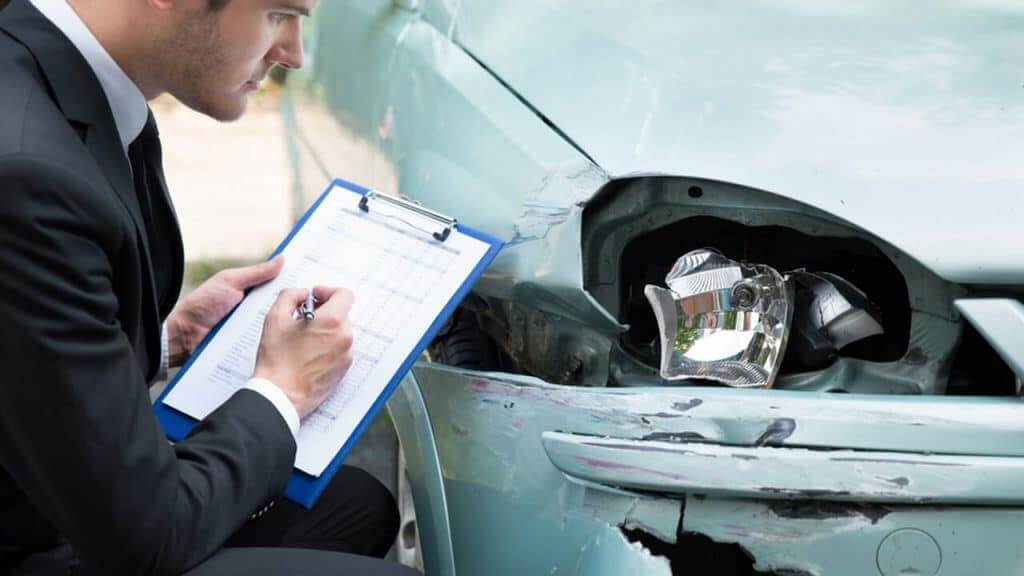Catalytic converter theft is one of the most increasingly problematic motoring crimes affecting UK car owners. From January 2021 to October 2023, the Metropolitan Police reports state there were over 19,000 reports of catalytic converter thefts in the London area alone:
- 2021: 10,649
- 2022: 7,730
- 2023: 1,087
The crimes are often brazenly committed in full sight because the culprits can get away with it in an instant. This article will tell you more about catalytic converter theft and how to keep your vehicle safe from it.
What is a catalytic converter?
A catalytic converter is a device fitted to a vehicle’s exhaust to convert harmful exhaust gases like carbon monoxide, nitric oxide, nitrogen dioxide and hydrocarbons, into less harmful substances like carbon dioxide and water vapour by means of chemical reactions.
What does a catalytic converter do? It plays an essential role in reducing the amount of dangerous gases emitted.
Why are so many catalytic converters stolen?
There are a few reasons for the spike in this crime. Precious metals like platinum, palladium and rhodium are commonly used as the catalyst in the device. A surge in the value of these precious metals means that thieves can make a lot of money selling their ill-gotten gains on the black market at £500 apiece or more!
Removing a catalytic converter is also a relatively simple task – it only requires a jack and an angle grinder and can be removed in under a minute.
What are the implications of a stolen catalytic converter?
A vehicle without a catalytic converter would not comply with emissions standards and would fail its MOT. According to the Department for Transport, you could be fined up to £1,000 if your catalytic converter is missing from your car, even if you weren’t aware that it had been taken. The fine increases to £2,500 for vans, lorries and buses.
How to deter and prevent a catalytic converter from being stolen?
Although hybrid vehicles are more likely to be targeted because their catalytic converters usually contain more valuable metals, any vehicle is at risk of catalytic converter theft.
- Here are some simple steps you can take to avoid becoming a victim of this crime:
- Park your car in a locked garage or a well-lit area in public view with the rear of the car close to a wall or fence.
- Get your car’s vehicle identification number (VIN) etched into the casing of your catalytic converter.
- Ask a local garage to weld the bolts on your catalytic converter or use other commercial anti-theft devices that will make it harder to remove.
- Register your converter and mark it with a forensic marker, which will make it harder for thieves to dispose of.
What should I do if my catalytic converter is stolen?
The Metropolitan Police have issued the following advice:
- If the crime is happening now, call 999.
- If it is safe to do so, take photos of suspects or the number plate of their car.
- Do not approach suspects, as they have been known to use violence.
- If the crime has already happened, report it online or at your local police station.
It is also important to report the theft to your insurer and to arrange for a replacement catalytic converter to be fitted as soon as possible.
Although sadly there are always going to be people doing bad things, you can do what you can to help prevent your catalytic converter being a target to them. If the worst was to happen, comprehensive annual and temporary car insurance would both ensure you were covered in the event of any loss.
Frequently Asked Questions
What does a catalytic converter do?
A catalytic converter is a device that removes pollutants from a vehicle’s engine by converting them into less toxic gases. It does this by reducing oxidants.
How much is a catalytic converter?
Depending on the make of the vehicle, costs for replacing a catalytic converter can range from a few hundred pounds to nearly £1,000
Sources:





